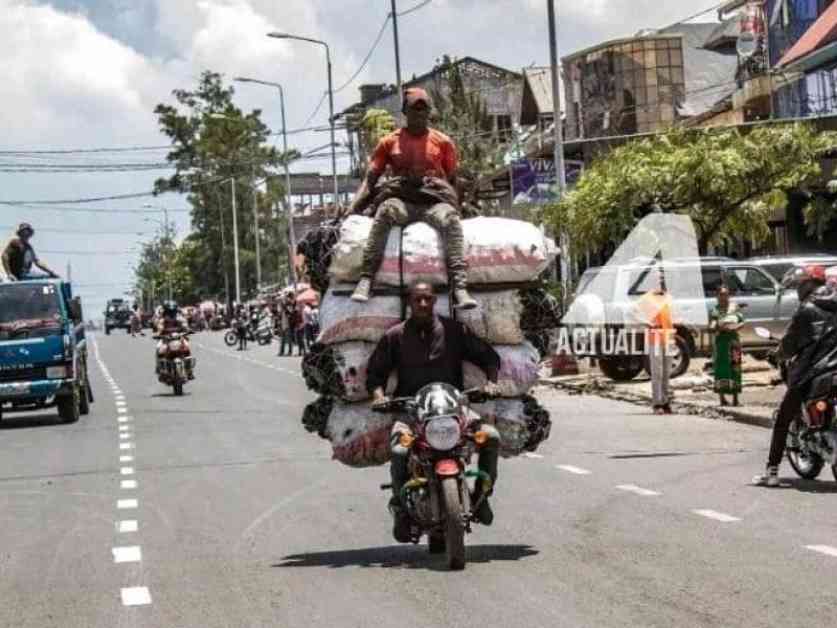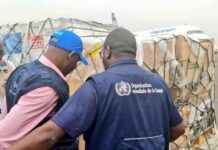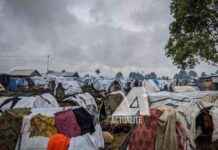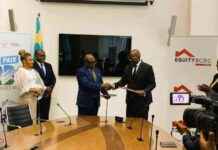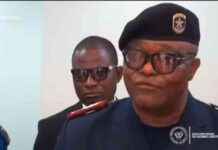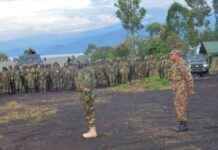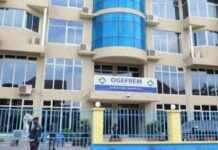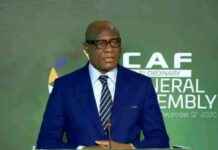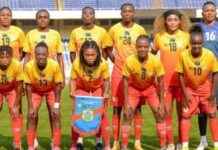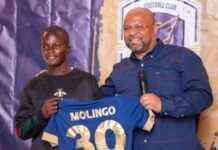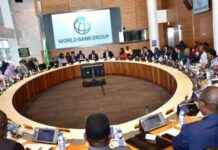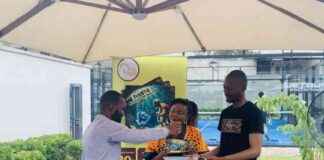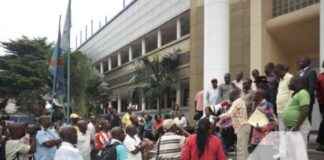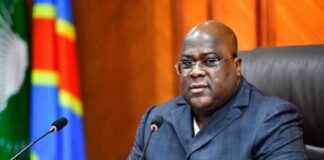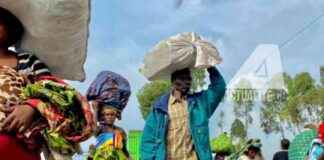In the wake of intense clashes between the Armed Forces of the Democratic Republic of Congo (FARDC) and the M23 rebellion, supported by Rwanda, the government lost control of Goma, the capital of North Kivu. This seizure allowed the M23-RDF coalition to expand its influence in this strategic region. Faced with this dire situation, what options remain for the government to reverse the tide? Former national deputy Jean-Baptiste Muhindo Kasekwa advocates for a diplomatic approach but expresses doubt about the administration of Félix Tshisekedi’s ability to capitalize on it.
“Diplomacy and popular mobilization were instrumental in liberating Goma in the past,” Kasekwa reflects. “Today, we must leverage diplomatic channels.” However, the former deputy questions Tshisekedi’s effectiveness on this front, highlighting the diplomatic isolation of the DRC. “Tshisekedi has embarked on numerous trips, but they have yielded little. The Congo stands alone, without strong allies. At the UN Security Council, no major power openly supports our cause, despite the blatant Rwandan aggression. This lack of support indicates our president’s lack of influence and respect on the diplomatic stage,” he asserts.
In the face of diplomatic setbacks, Kasekwa proposes peaceful popular mobilization to draw international attention. “Organized non-violent mobilization, akin to the efforts of the Palestinian people and other struggling nations, is essential. However, if these demonstrations turn violent, they become counterproductive,” he warns. Kasekwa condemns recent incidents outside certain embassies in the DRC, attributing them to groups aligned with the regime. “The violence we witnessed yesterday was orchestrated by regime-affiliated groups. This undermines our cause. Rather than burning embassies, we should peacefully besiege them to garner international support. Attacking potential allies only serves the enemy,” he emphasizes.
Concerns and Critiques
Furthermore, Kasekwa questions the appointment of Brigadier General Somo Kakule Évariste as the military governor of North Kivu, considering it a “poisoned gift.” “While this senior officer has proven his worth, he inherits a dire situation. The majority of the province is under the control of the M23 and the Rwandan army. With only Beni and Butembo remaining under FARDC influence, how will he operate in these conditions?” he ponders. He also criticizes the marginalization of competent military personnel in favor of tribal considerations in the chain of command. “For years, this general has been in the province, yet he has never been entrusted with operational command. Now that the province is virtually lost, his appointment serves as a political maneuver, creating a facade of resurgence,” he argues.
Another significant challenge highlighted is the lack of financial and administrative resources. “Without control over the local economy, without a functional administration, what can he realistically achieve? Goma no longer generates revenue, and Kinshasa appears unable to provide substantial support. He may even need to establish an office in Beni or Butembo. It’s a farce,” Kasekwa laments.
Changes in Leadership and Ongoing Conflict
Brigadier General Somo Kakule Évariste was promoted to the rank of Major General and appointed as the military governor of North Kivu through two presidential ordinances broadcast on RTNC on January 28, 2025. He succeeds Major General Peter Cirimwami, who had been serving as interim governor since the dismissal of General Constant Ndima in 2023. Cirimwami tragically succumbed to his injuries sustained on the front line west of Goma during fierce clashes between FARDC and the M23 on January 23, 2025.
As Kinshasa struggles to rally international support, the situation on the ground continues to deteriorate. The FARDC, facing significant challenges, are working to restructure their defenses, while the M23-RDF coalition solidifies its positions. The conflict in the region remains volatile, with the future hanging in the balance.
